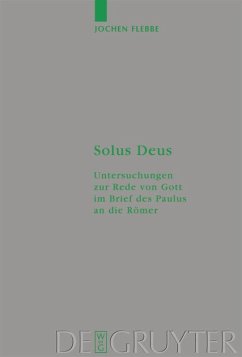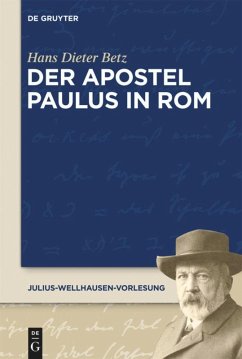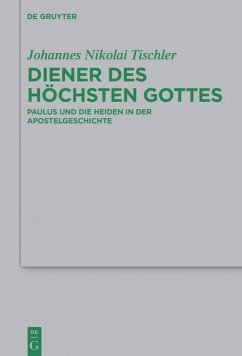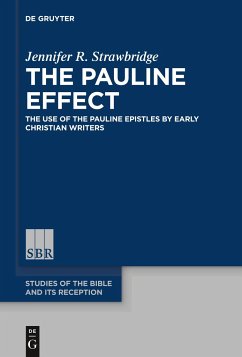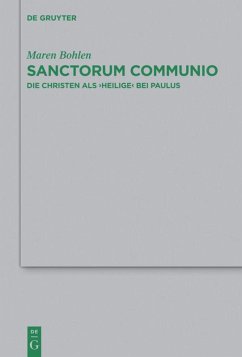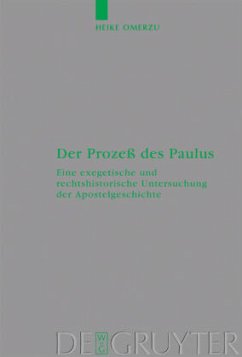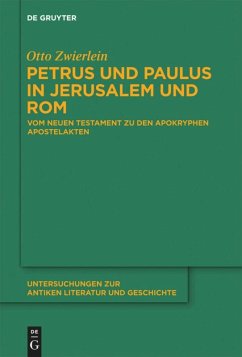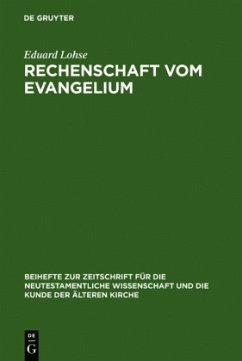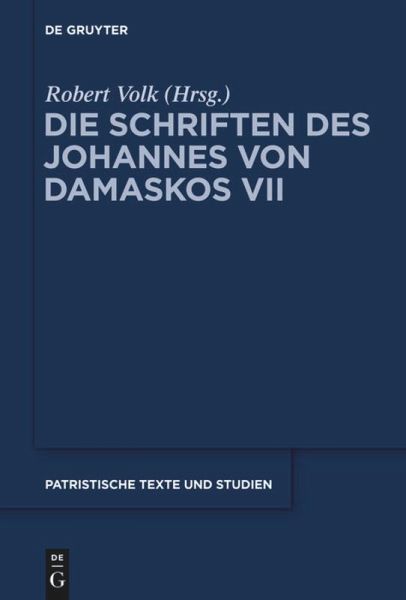
Commentarii in epistulas Pauli
Versandkostenfrei!
Versandfertig in 6-10 Tagen
199,95 €
inkl. MwSt.

PAYBACK Punkte
0 °P sammeln!
For the first time, this book provides a critical edition of the commentary by St. John of Damascus on the epistles of the Apostle Paul. It includes all preserved Greek textual witnesses. The source apparatus allows the reader to follow the principal source, the Pauline Commentary of John Chrysostom. The edition also pays attention to the ongoing impact exerted by the Damascene commentary on several catenas and by a radically foreshortened epitome.
300 Jahre nach der bisher einzigen Ausgabe liegt nun der Kommentar des Johannes von Damaskos (gestorben vor 754) zu den Briefen des Apostels Paulus in kritischer Edition vor. Herangezogen sind alle erhaltenen griechischen Textzeugen. Seine Hauptquelle, der Pauluskommentar des Johannes Chrysostomos, lässt sich im Quellenapparat sowohl nach der verbreiteten Ausgabe von Montfaucon/Migne, vor allem aber auch nach der führenden Ausgabe von F. Field (Oxford 1845-1862) mitverfolgen; durch letztere erkennt man auch die chrysostomische Textform, die schon Johannes von Damaskos zur Verfügung stand. Bei den ohne feststellbare Quelle kommentierten Bereichen könnten die persönlichen Formulierungen des Johannes Damascenus von besonderem Wert sein; dies betrifft vor allem, aber nicht nur, die Briefe an die Epheser, die Philipper, die Kolosser und die Thessalonicher sowie den zweiten Brief an Timotheus und diejenigen an Titus und Philemon. Aufmerksamkeit wurde auch dem Fortwirken des damaszenischen Kommentars in einigen Katenen und einer radikal kürzenden Epitome geschenkt.





